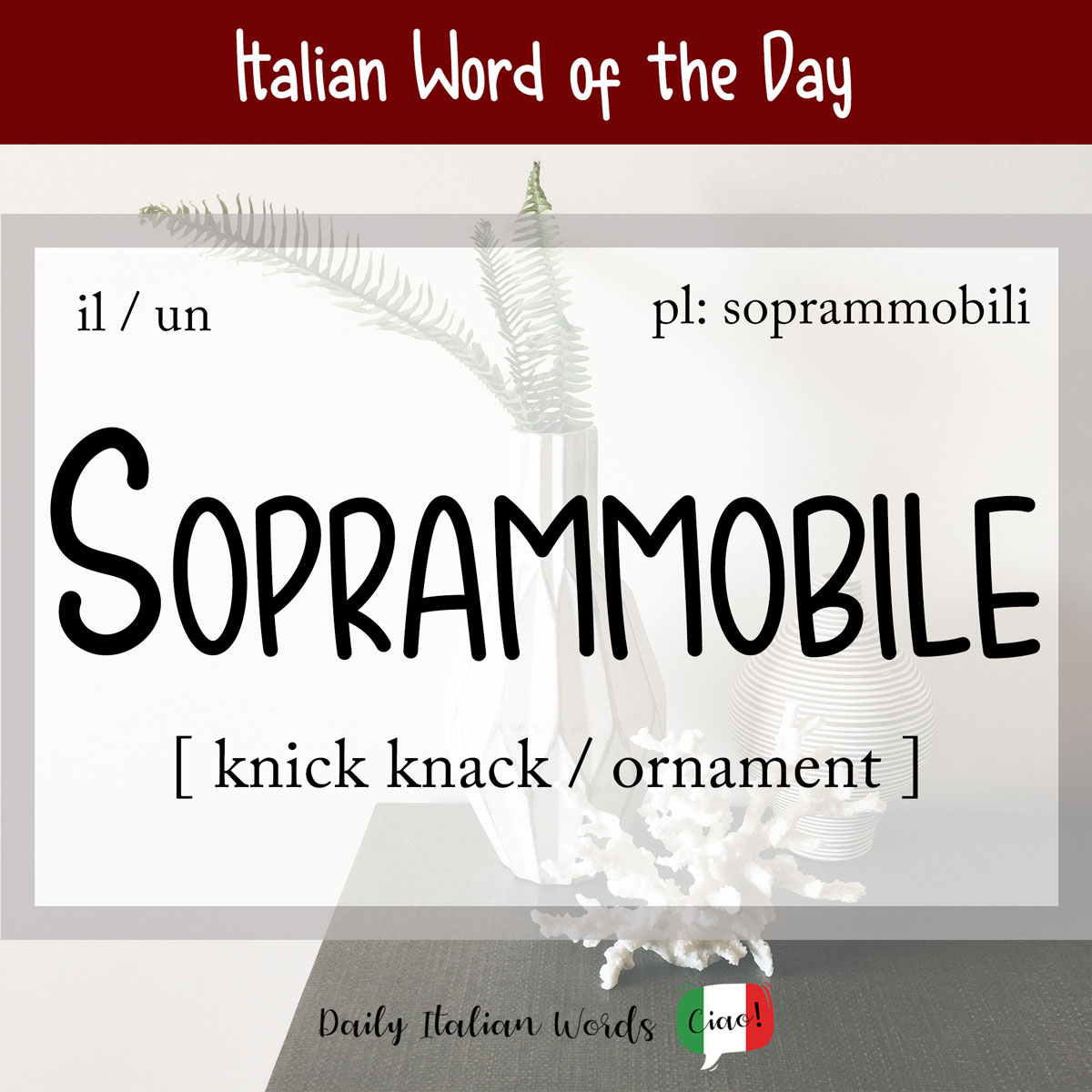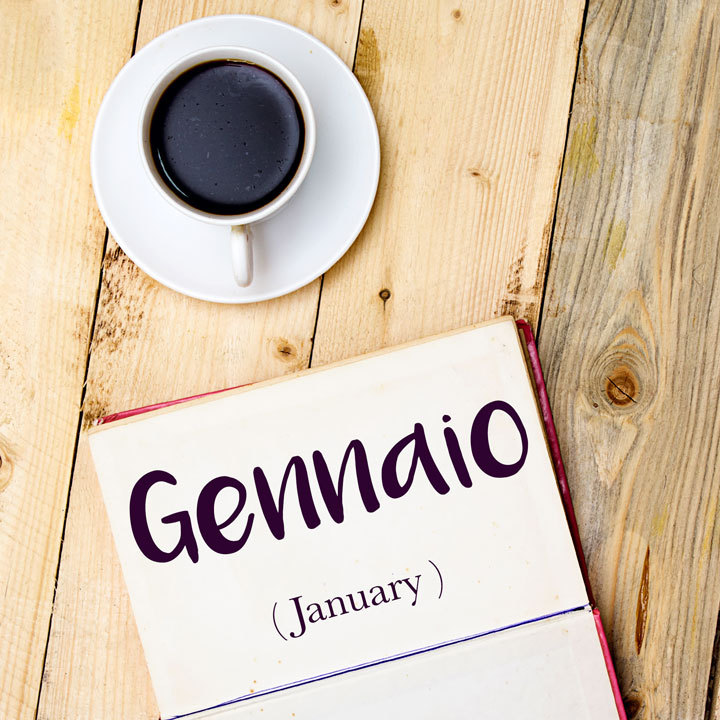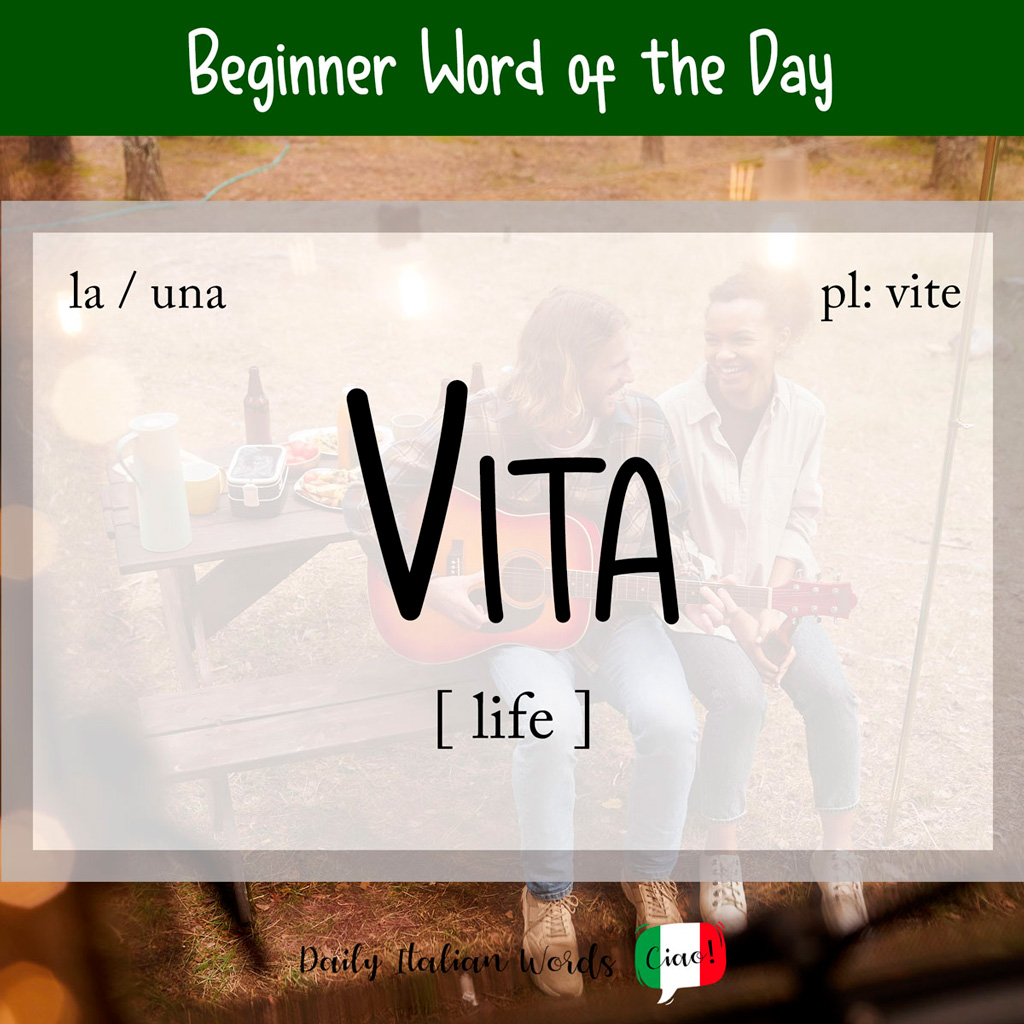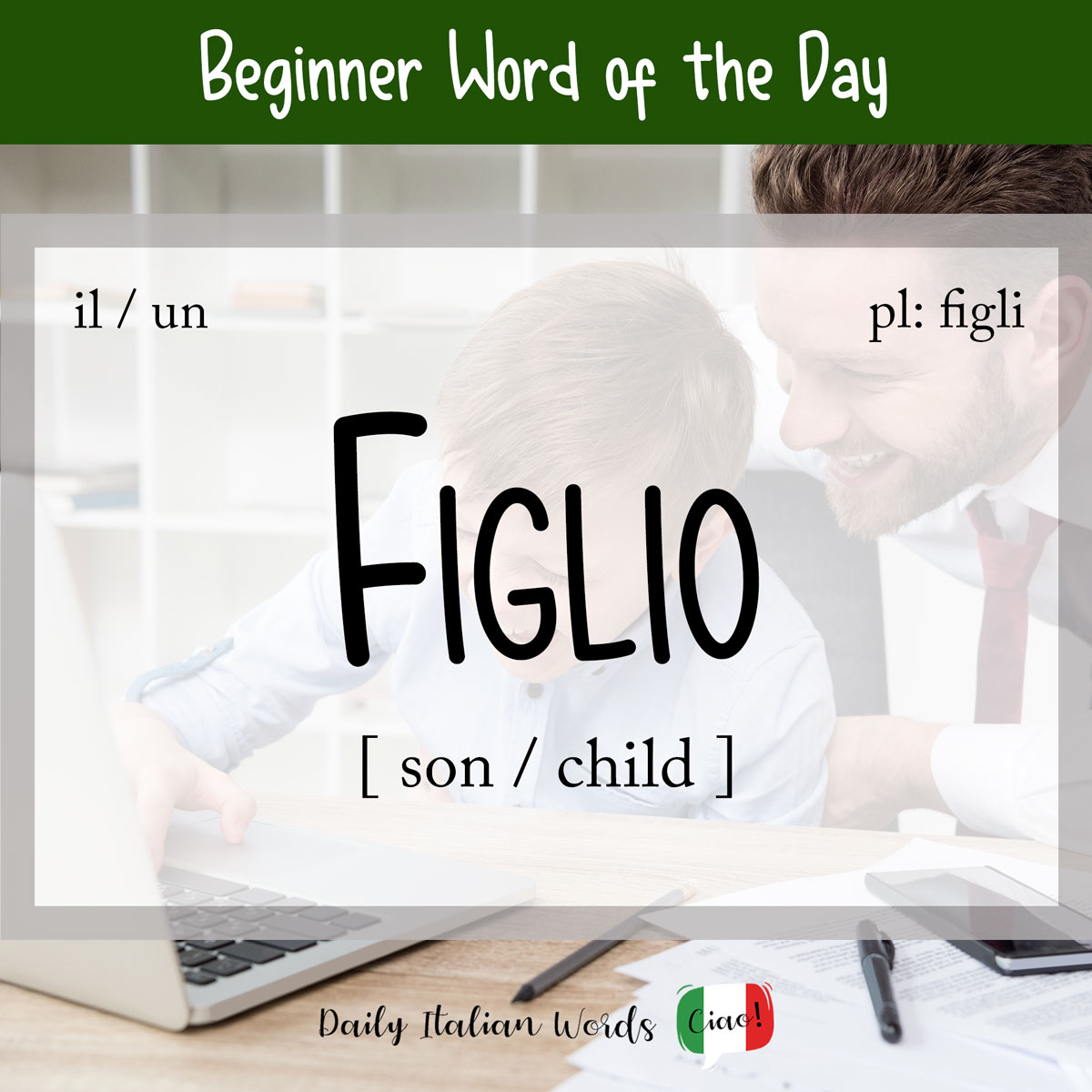Italian Word of the Day: Soprammobile (knick-knack / ornament)
A blanket term for any decorative or artistic object kept on a shelf or piece of furniture, regardless of its value, is soprammobile (masculine, plural: soprammobili) in Italian. Some possible translations in English are knick-knack, shelf ornament or decorative piece. It is a combination of two words: sopra meaning on top of or above and …






